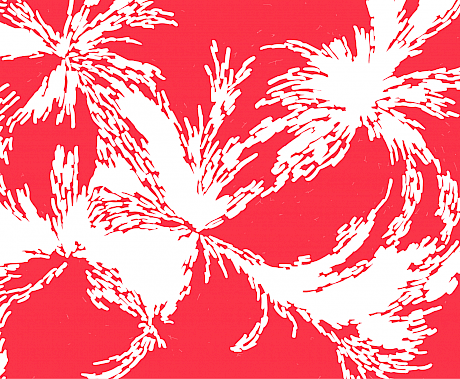THAT, AROUND WHICH THE UNIVERSE REvOLVES: ON RHYTHMANALYSIS OF MEMORY, TIMES, BODIES IN SPACE
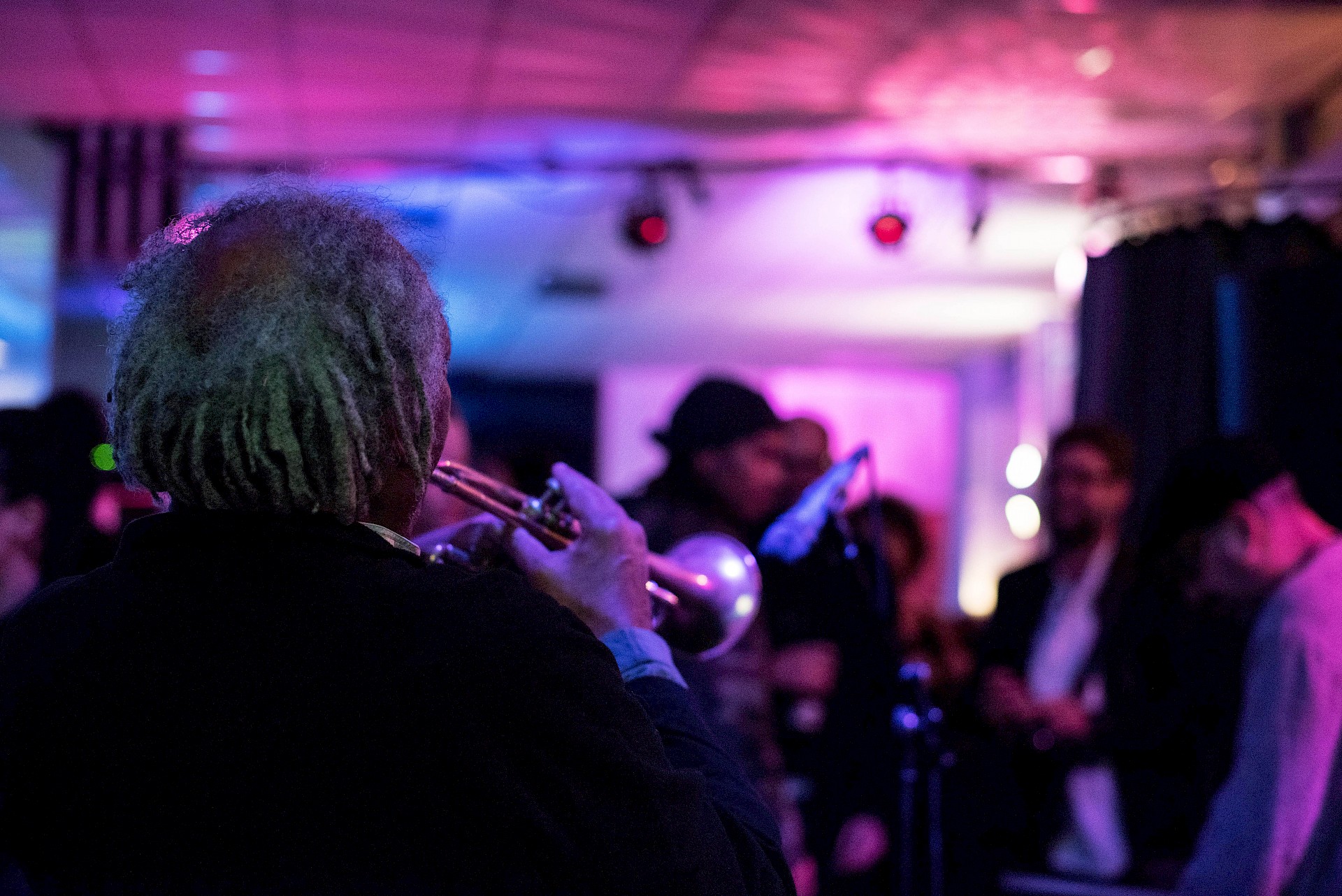
Kapitel 5 Berlin
PROGRAMM 01.12.–03.12.2017
Bei Hebbel am Ufer HAU 2 Hallesches Ufer 32, 10963 Berlin
Mit Maryan Abdulkarim, Akinbode Akinbiyi, Jacques Coursil, Lamin Fofana, Petina Gappah, Marque Gilmore, Gintersdorfer/Klaßen, Noa Ha, Moses Leo, Dorothee Munyaneza, David Muoz, Omar Nagati, Emeka Okereke, Robin Rhode, Biniyam Schelling, Carole Sidney Louis, AbdouMaliq Simone, Awilda Sterling, Greg Tate, Trinh Thi Minh-Hà
Ausstellungsarchitektur I-Ching von Lorenzo Sandoval
Ausstellung 30.11.2017–28.01.2018
Bei SAVVY Contemporary Plantagenstraße 31, 13347 Berlin
Mit Akinbode Akinbiyi, Fikret Atay, Vartan Avakian, Allana Clarke, Eli Cortiñas, Masimba Hwati, iQhiya, Delio Jasse, Lamia Joreige, Maibritt Borgen/Sofía Olascoaga/Park McArthur/Jacqueline Hoàng Nguyen and Sadia Shiraz, Christian Nyampeta, Trinh Thi Minh Hà
In Zusammenarbeit mit Gintersdorfer/Klaßen, HAU Hebbel am Ufer, SAVVY Contemporary
Künstlerische Leitung Bonaventure Soh Bejeng Ndikung
Kuratorinnen Elena Agudio, Anna Jäger, Saskia Köbschall
Management Lema Sikod
ProduktionAssistenz Lynhan Balatbat-Helbock, Johanna Wild
I am the drum, you are the drum, and we are the drum. Rhythm is the soul of life. The whole universe revolves in rhythm. Everything and every human action revolves in rhythm.
The research, performance and exhibition project That, Around Which the Universe Revolves brings together visual artists, urbanists, photographers, performers and theorists to investigate the interrelations of space and time, memory, architecture and urban planning through and beyond Henri Lefebvre’s concept of Rhythmanalysis. The cities of Lagos, Düsseldorf, Harare, Hamburg and Berlin are engaged in a network that investigates their specific urban epistemologies and histories. The cities serve as laboratories of an investigation into the temporal and spacial dimensions of everyday urban life, seen through the interrelations between the body, rhythm and urban structures. The Berlin chapter is the fifth and final chapter of our project. Echoes, memories and findings of two-yearlong research, performances and conversations within and beyond the framework of rhythmanalysis will be presented in an exhibition at SAVVY Contemporary and in a performance and discursive programme at Hebbel am Ufer.
The interconnection of a people’s or society’s memory and a specific space and time was a driving force behind the works of sociologist and philosopher Henri Lefebvre. In his posthumously published book Rhythmanalysis: Space, Time and Everyday Life, Lefebvre puts a spotlight on the concept of rhythm in his effort to synthesize a new scientific field of knowledge through rhythmanalysis. In general terms, Lefebvre recognises rhythms in our everyday life, in our movements through space and our interactions with objects in space, i.e. in every interaction between the biological and the social. In this seminal work, Lefebvre tries to renegotiate the understanding of urban and rural space, things, media, politics etc. through the concept of rhythm. It is about analysing everydayness, the mundane, the repetitive, the “interference of linear and cyclical processes,” just as much as the cycle of life “birth, growth, peak, then decline and end,” and all these supply “the framework for the analyses of the particular, therefore real and concrete cases that feature in music, history and lives of individuals or groups.”
Understanding and coping with the limits of Lefevbre’s perspective, the project proposes the artist as a contemporary rhythmanalyst who could chronicle a delimited space and people. Contemporary artists and performers are invited to investigate how heritage is produced, reshaped and unmade within cities as archives of rhythms. The performative interventions and discursive programs in Düsseldorf, Berlin and Hamburg invited African and Diasporic artists to also investigate the history of African presence and resistance in Germany to rethink temporal-historical and spatial-geographical urban concepts.
The project gives room for reflections on the intimate interrelations between African and German cities by investigating, for instance, German cities’ fiercely debated colonial histories choreographically, by way of Rhythmanalysis that introduces a play of encounter, drawing lines between past and present, between buildings, monuments, stories and the everyday movement of people through them. The project's focus on urgent contemporary urban topics like gentrification, wage gaps, security zones, architecture and urban planning, exclusion, movements, creative spaces and communities through research and African artistic practice, seeks to play an important and innovative contribution to the reception of Lefebvre’s exceptionally significant philosophical and sociological theories that is being put into life and work, rhythm and contemplation within the circuits of this project.
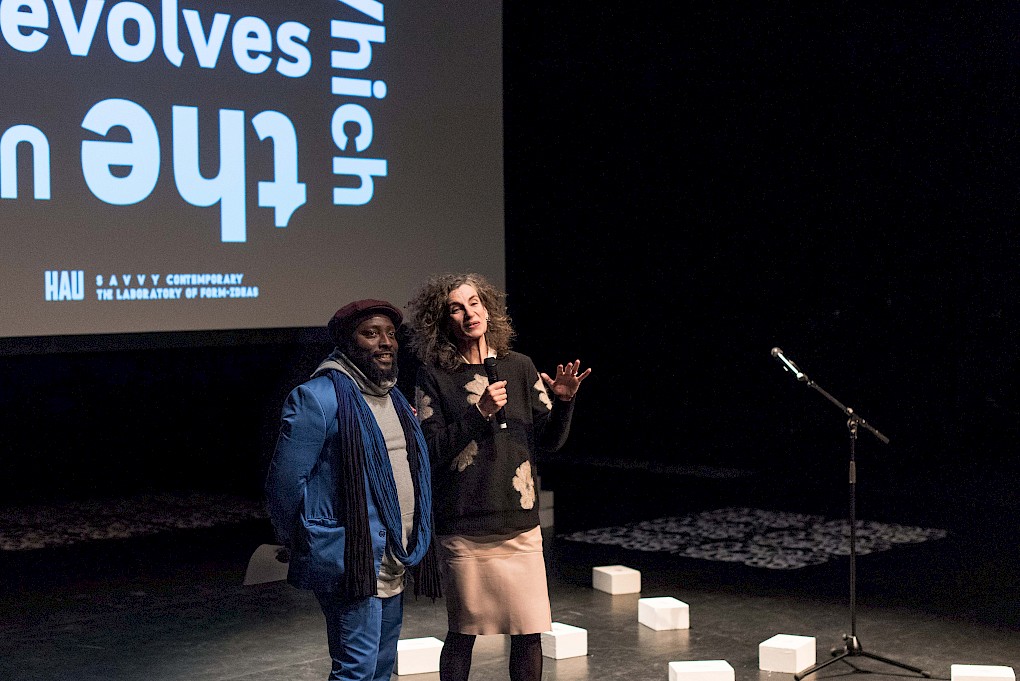
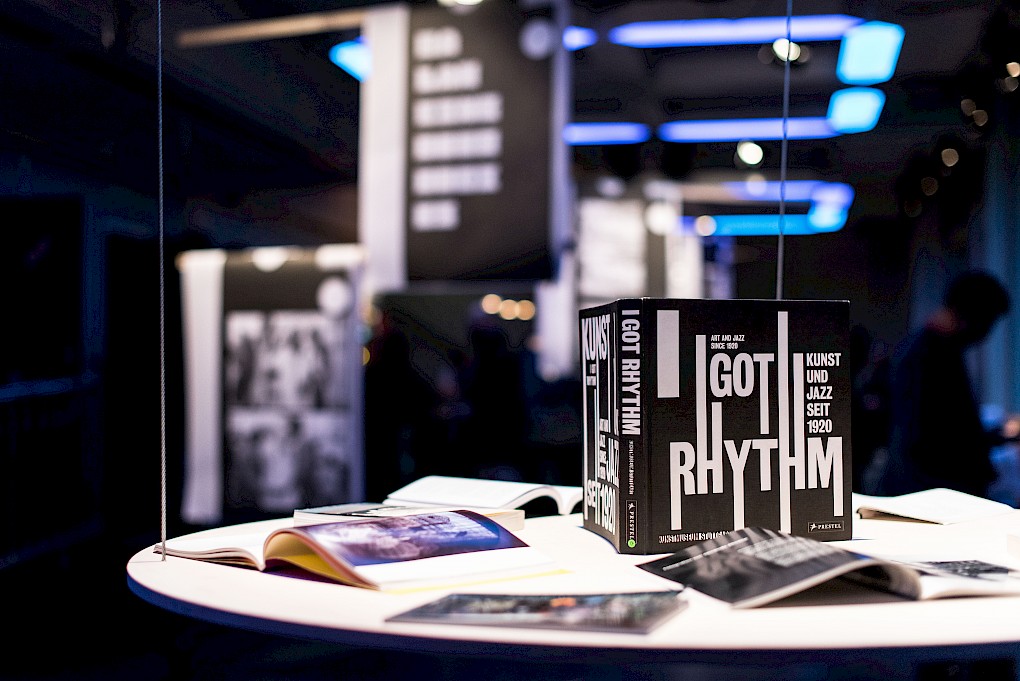
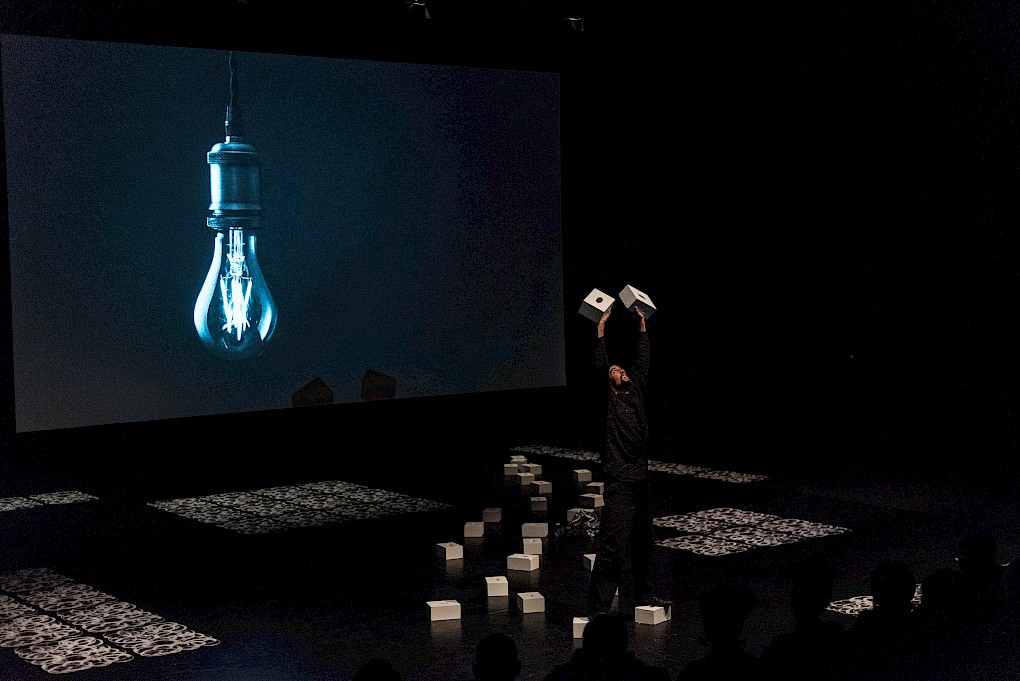
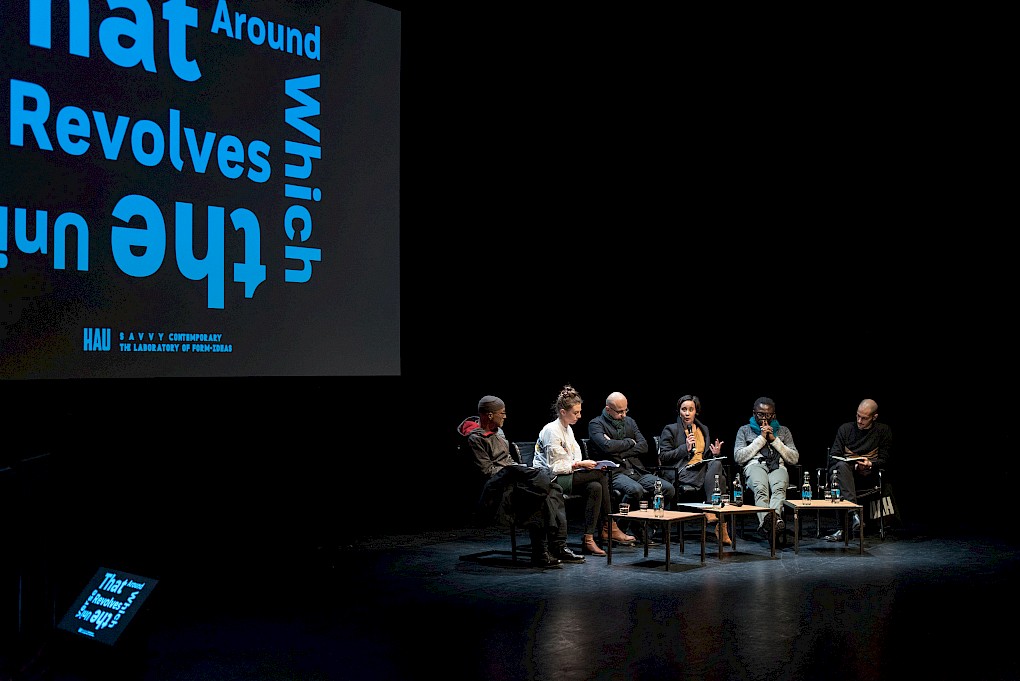
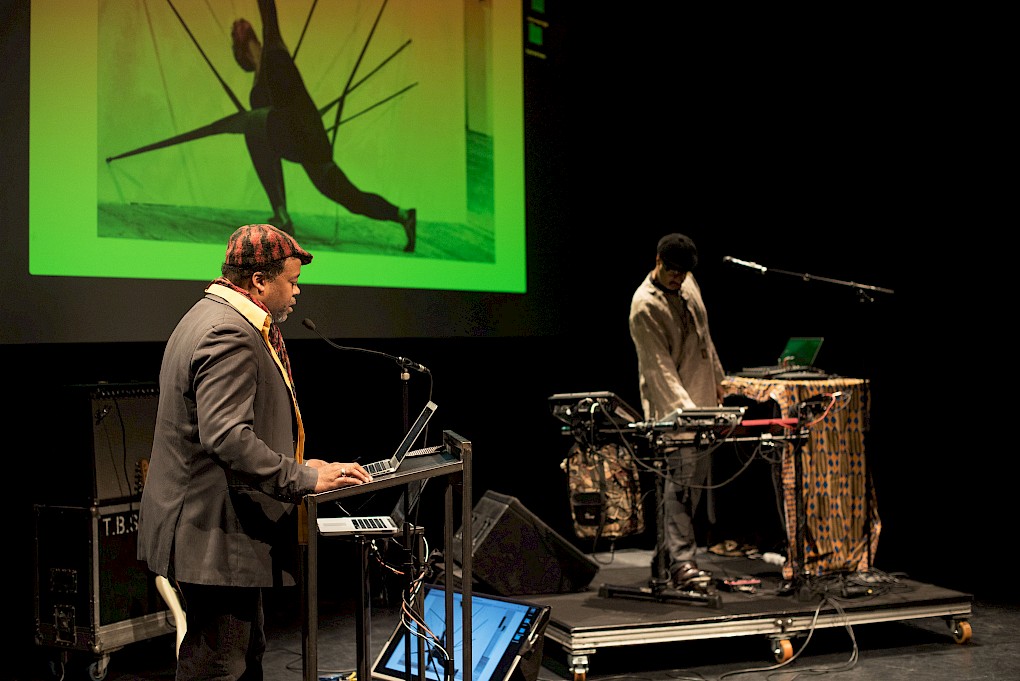
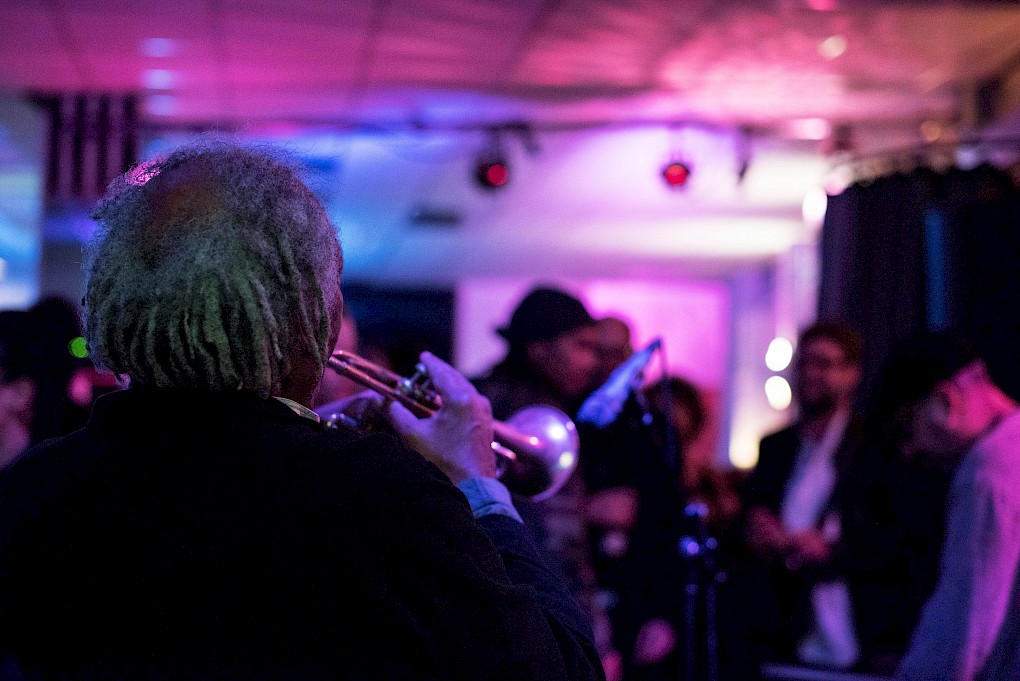
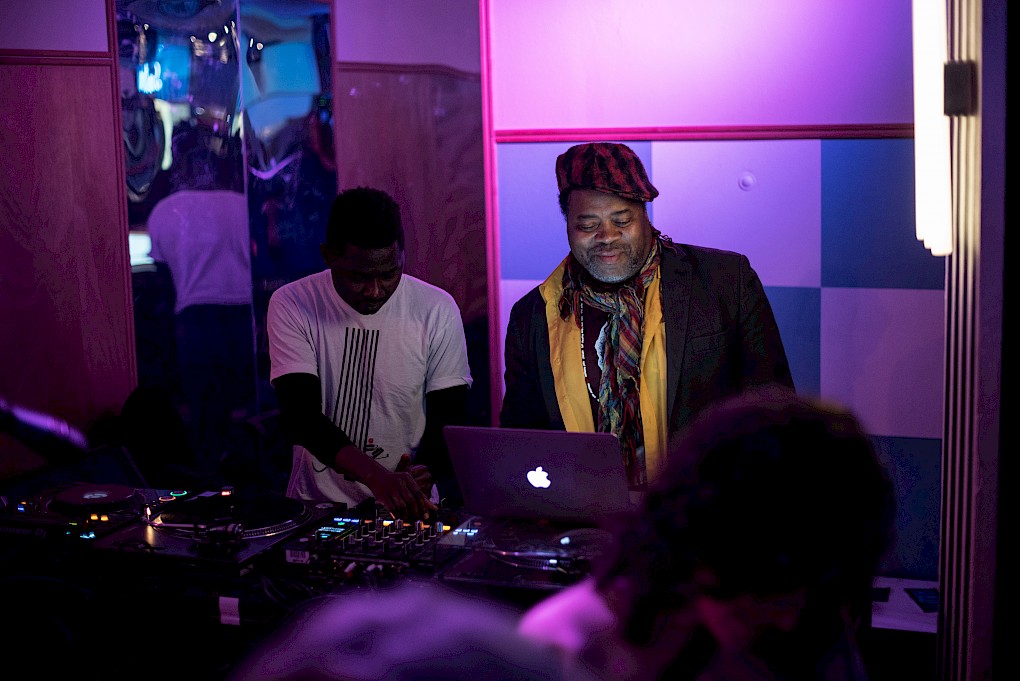
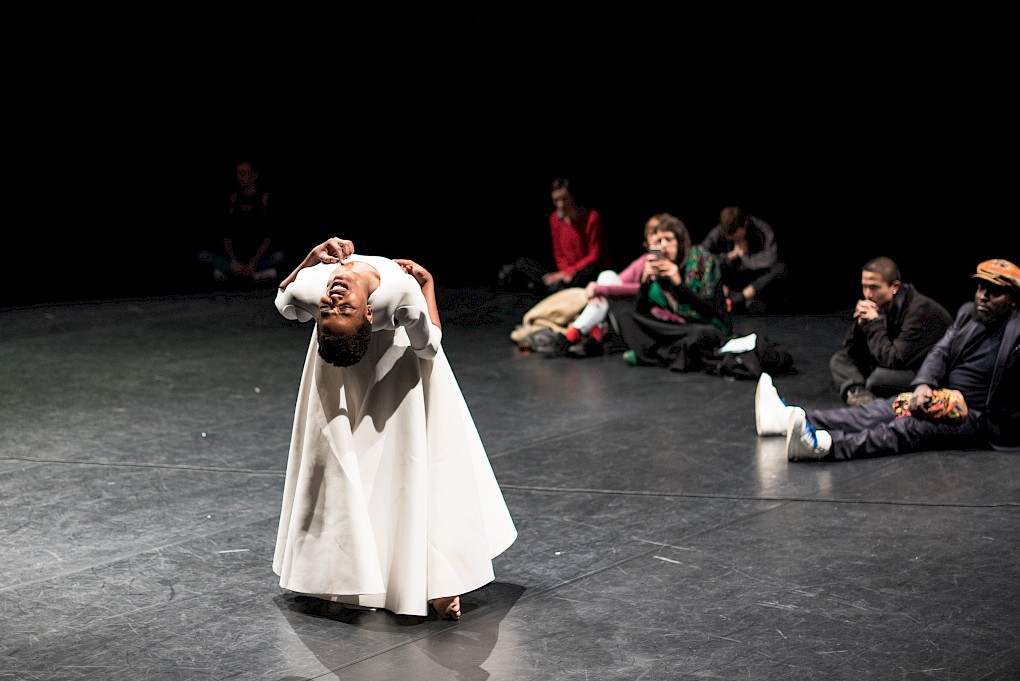
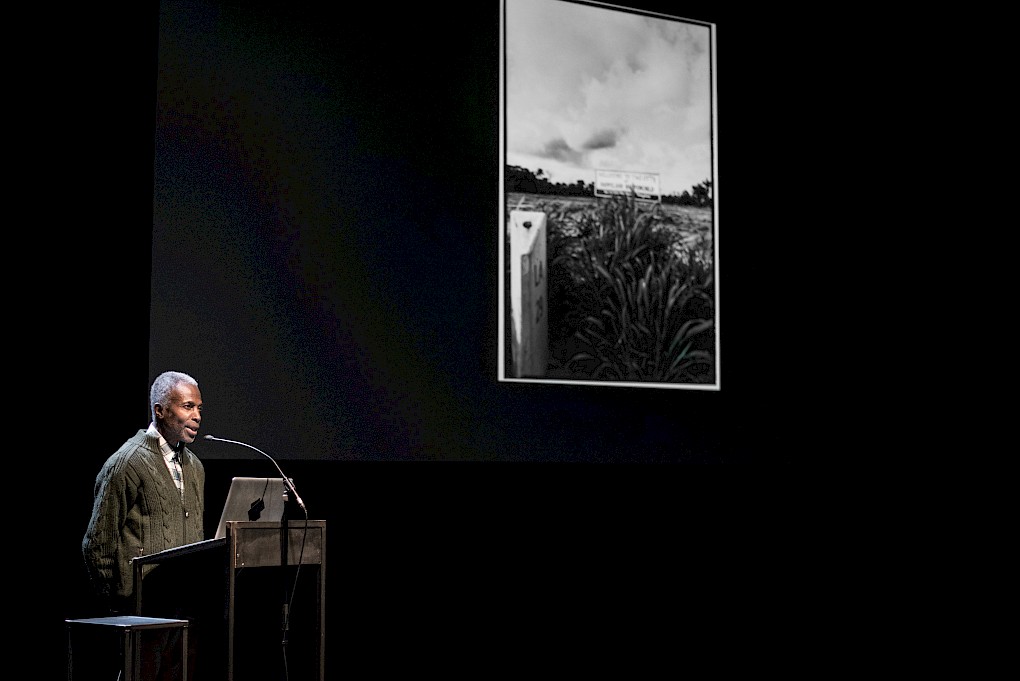
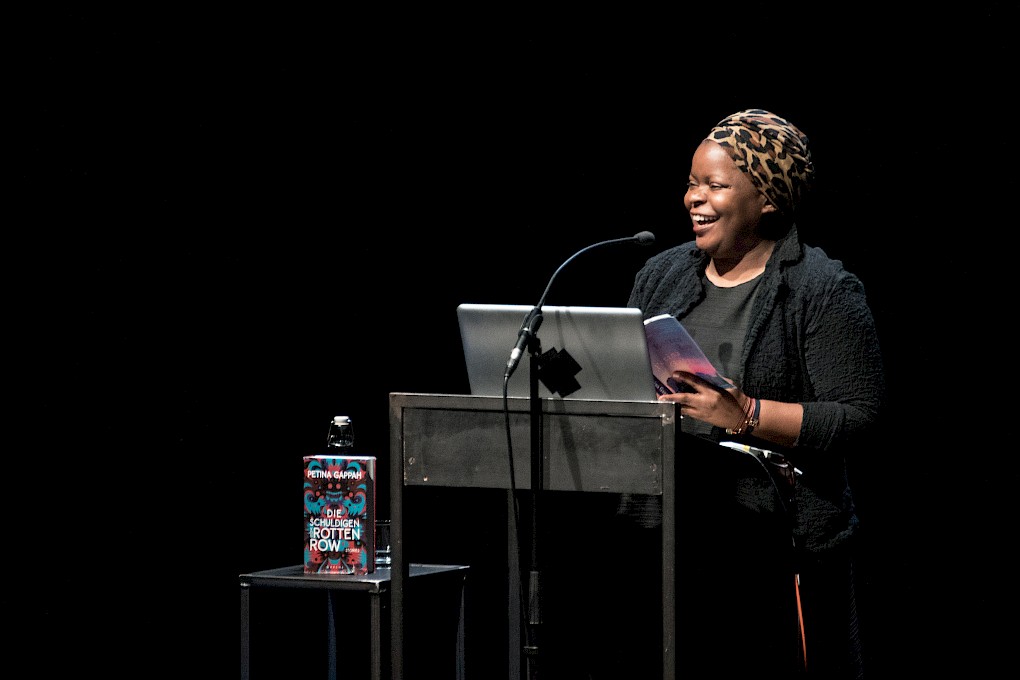
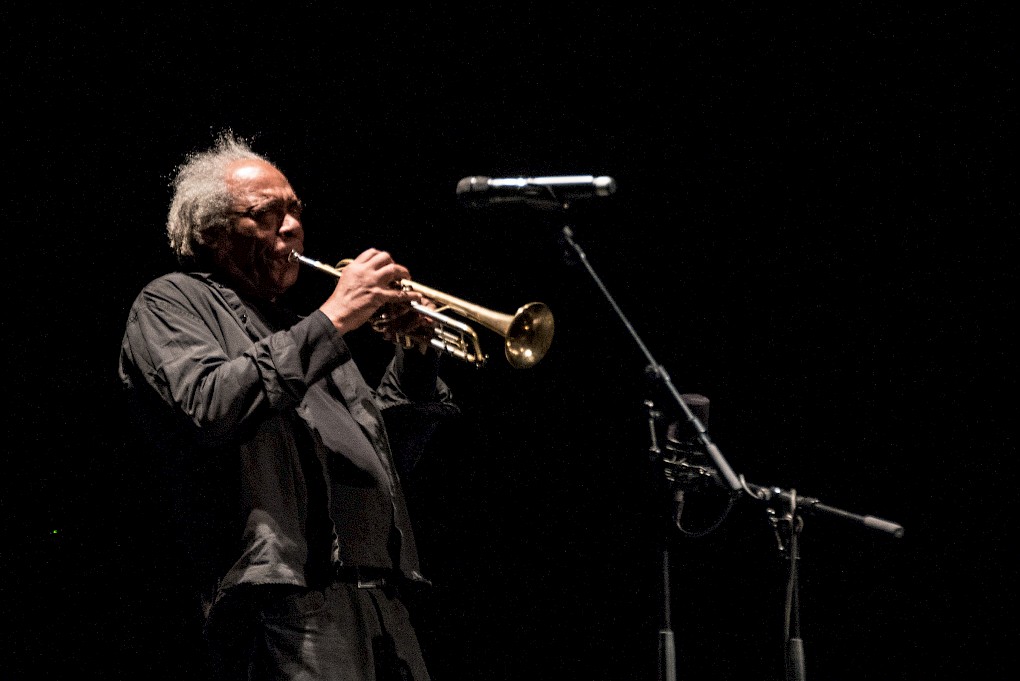
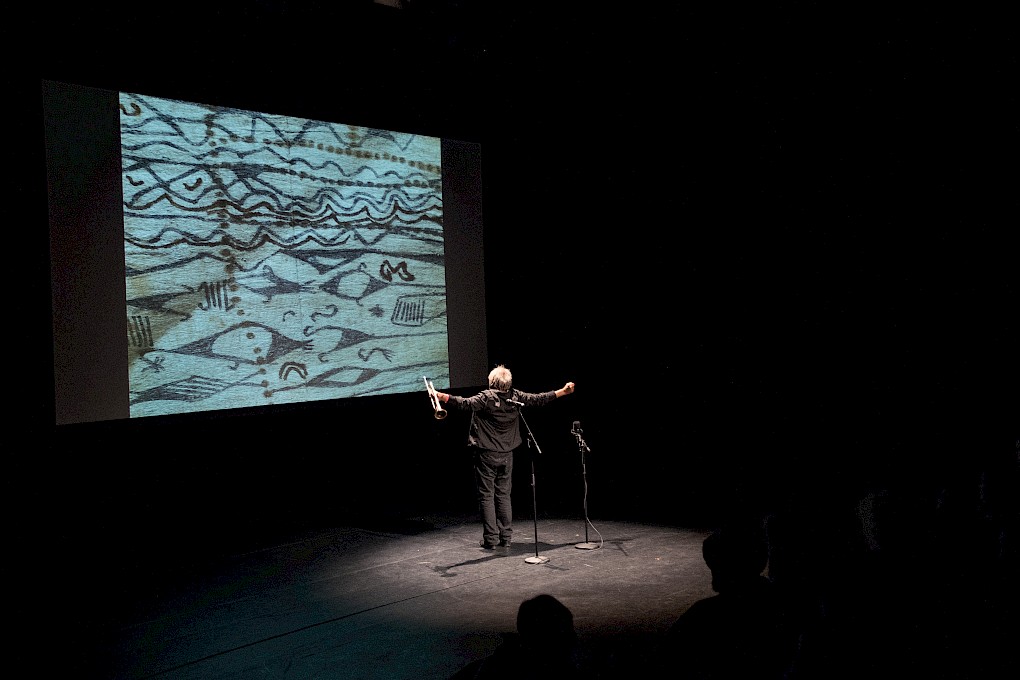
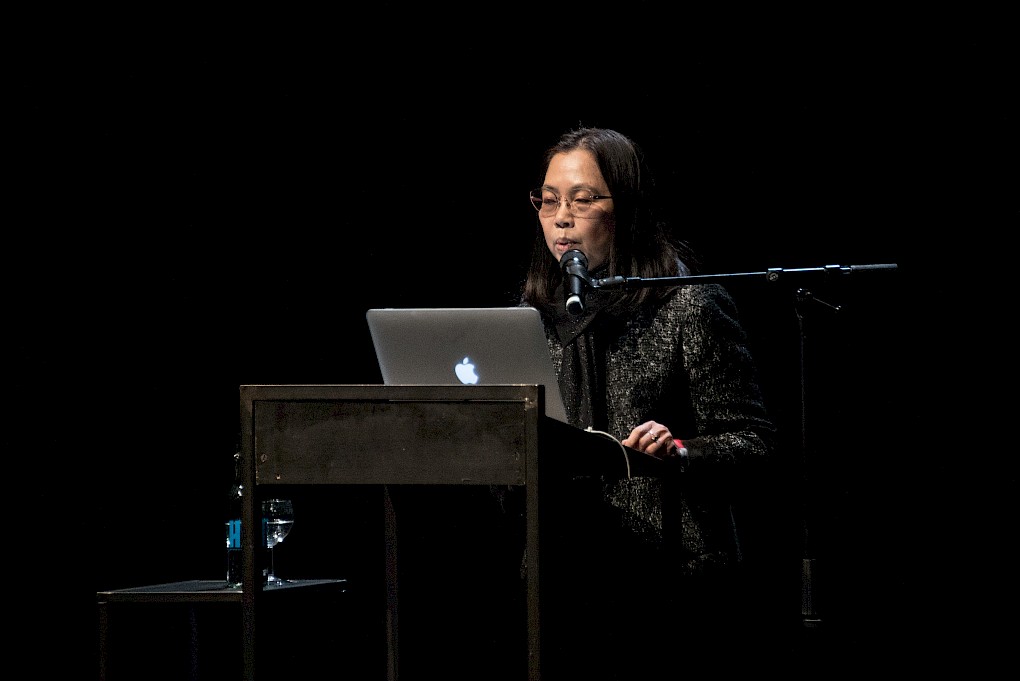
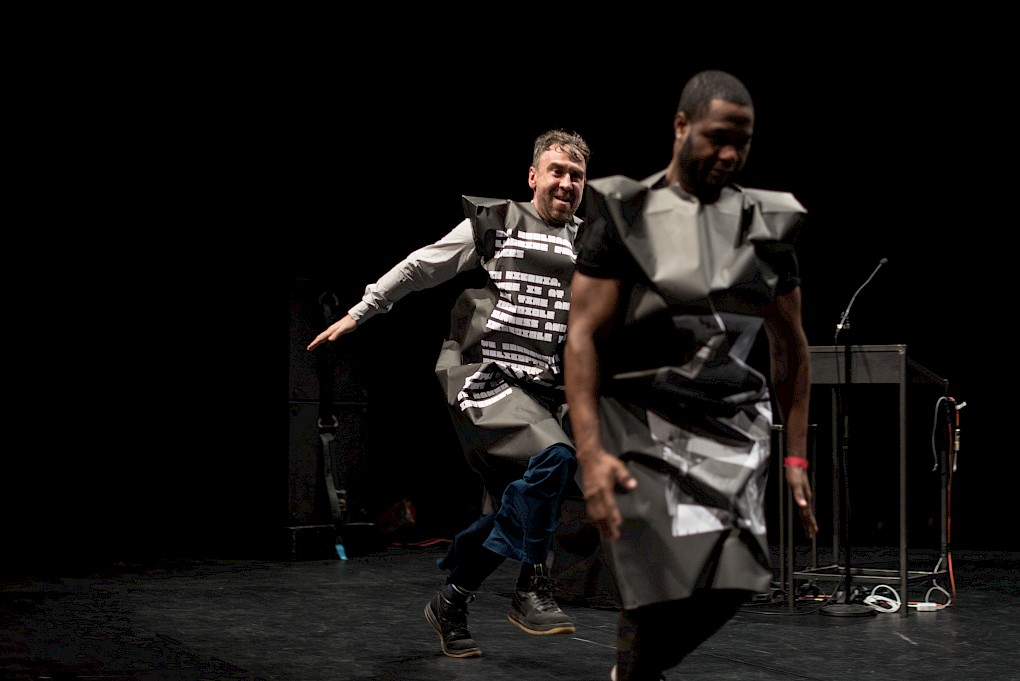
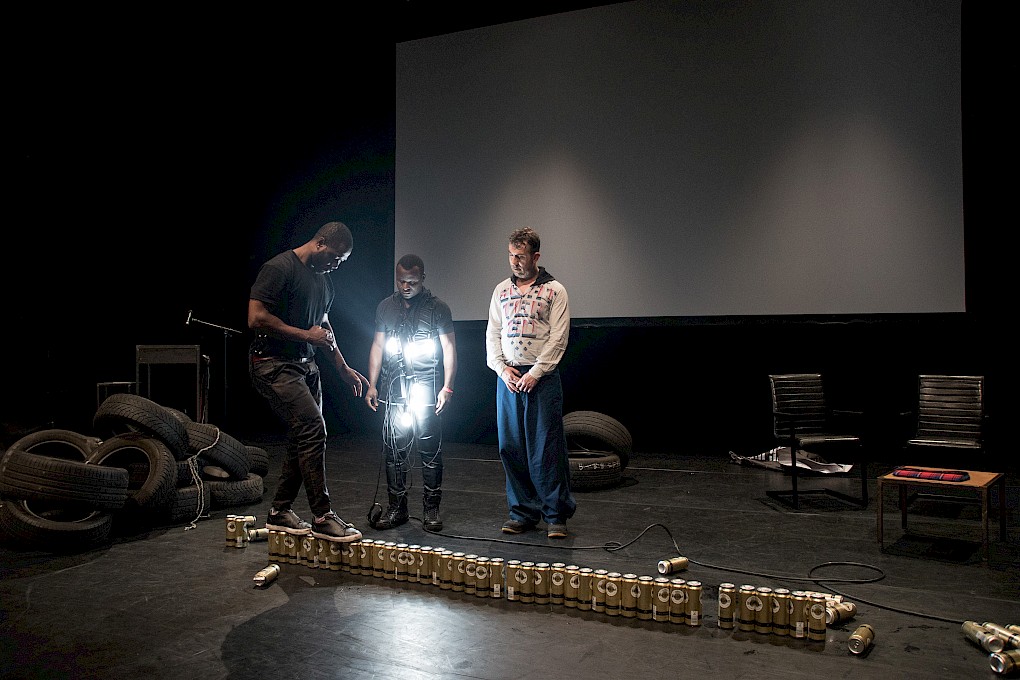
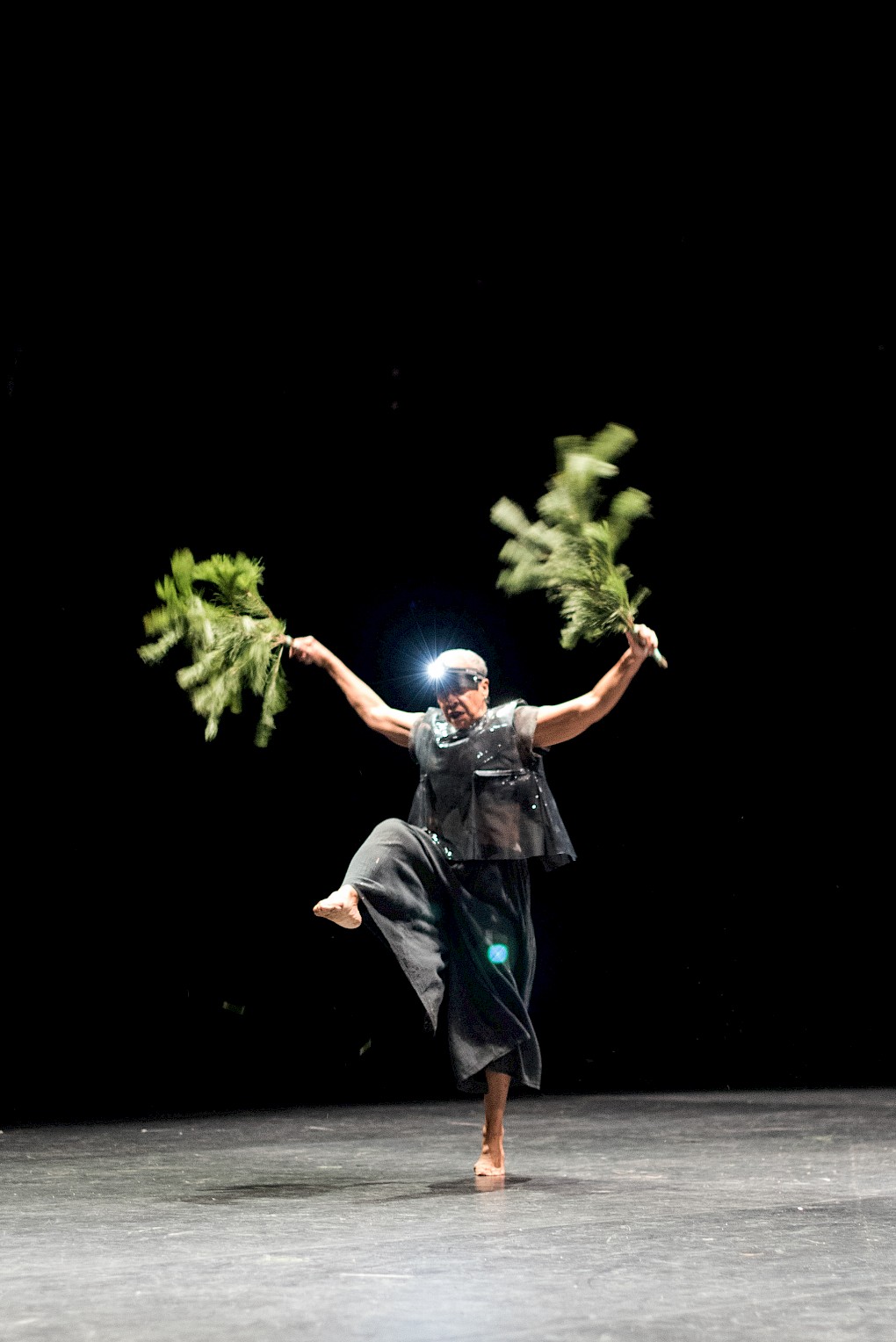
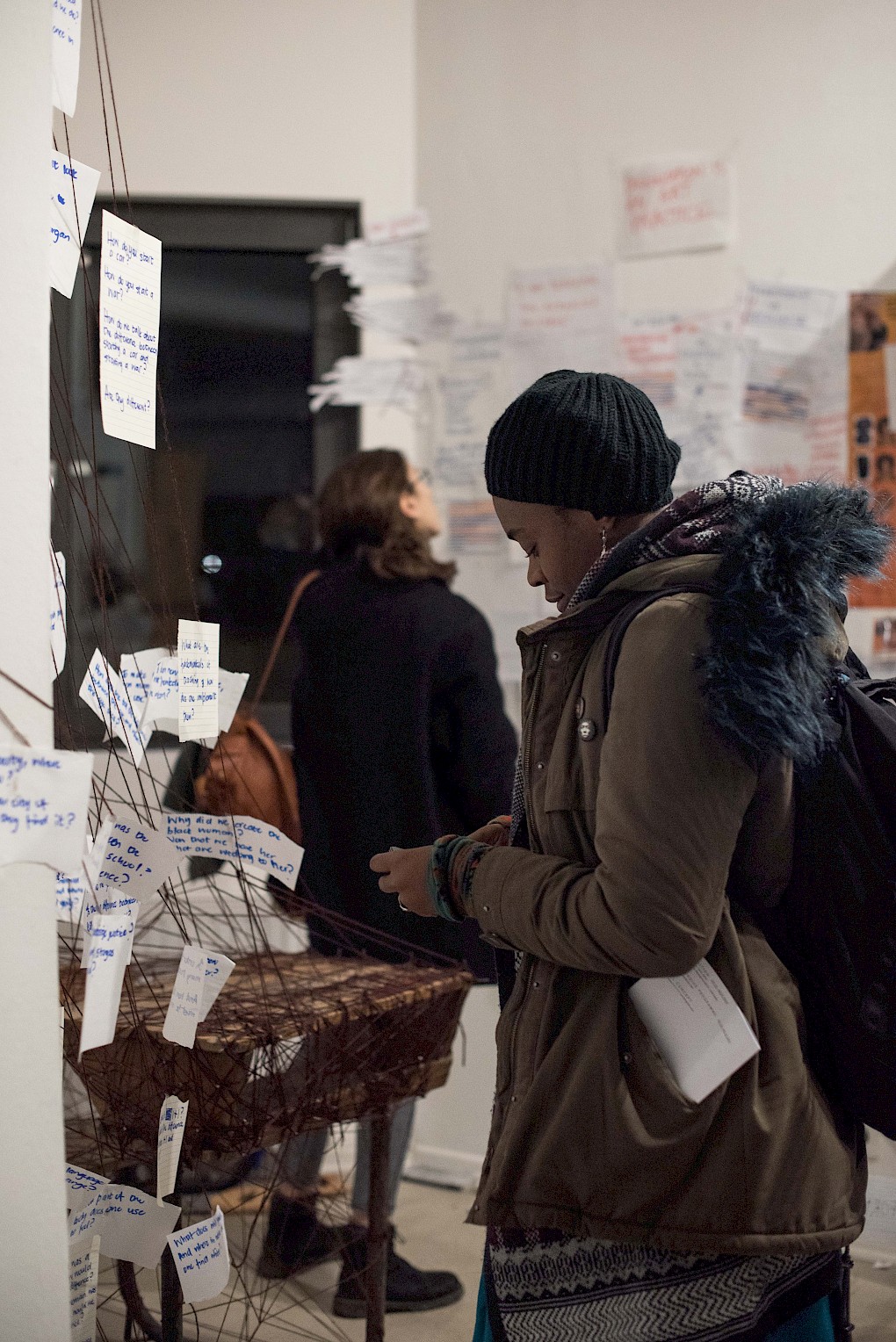
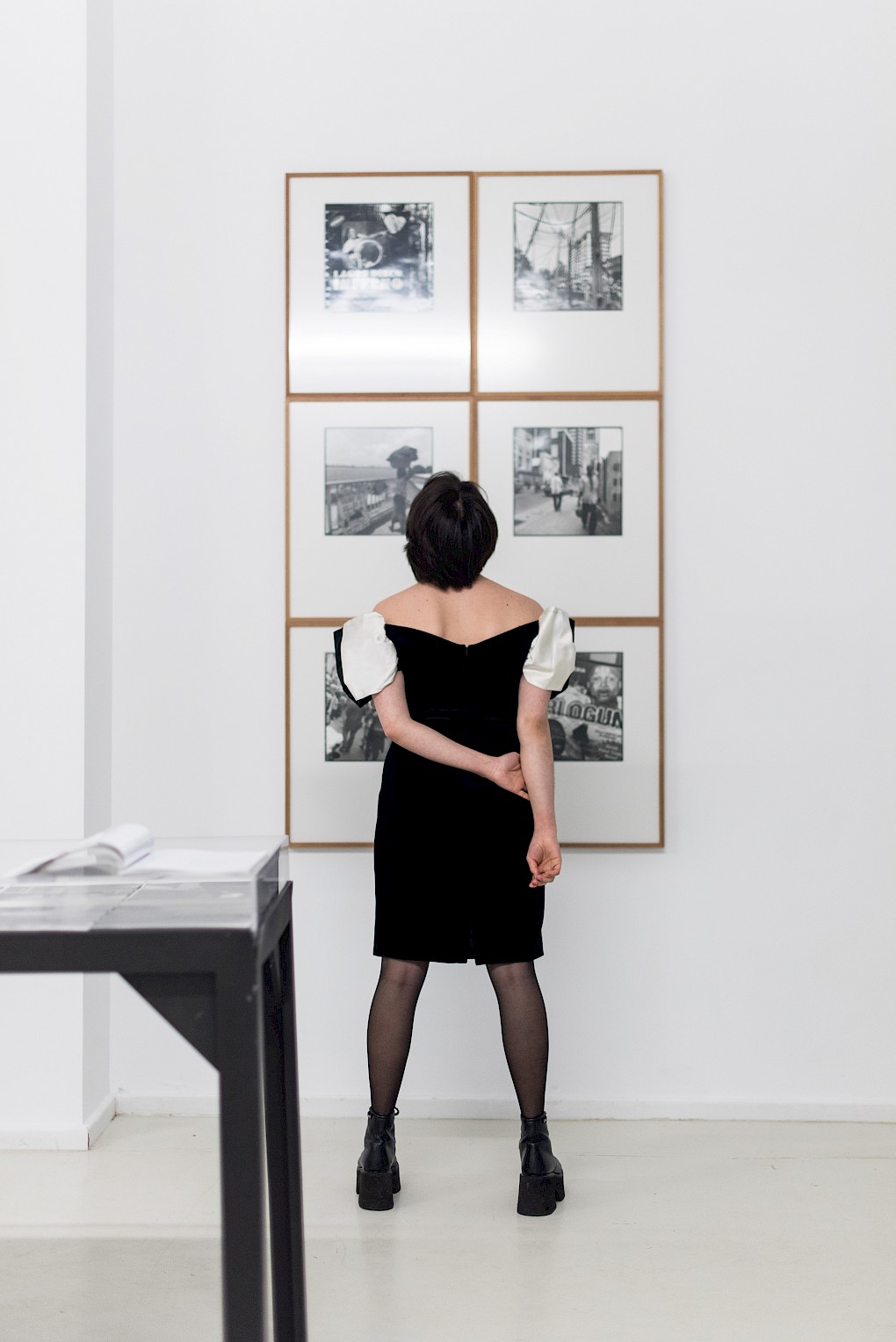
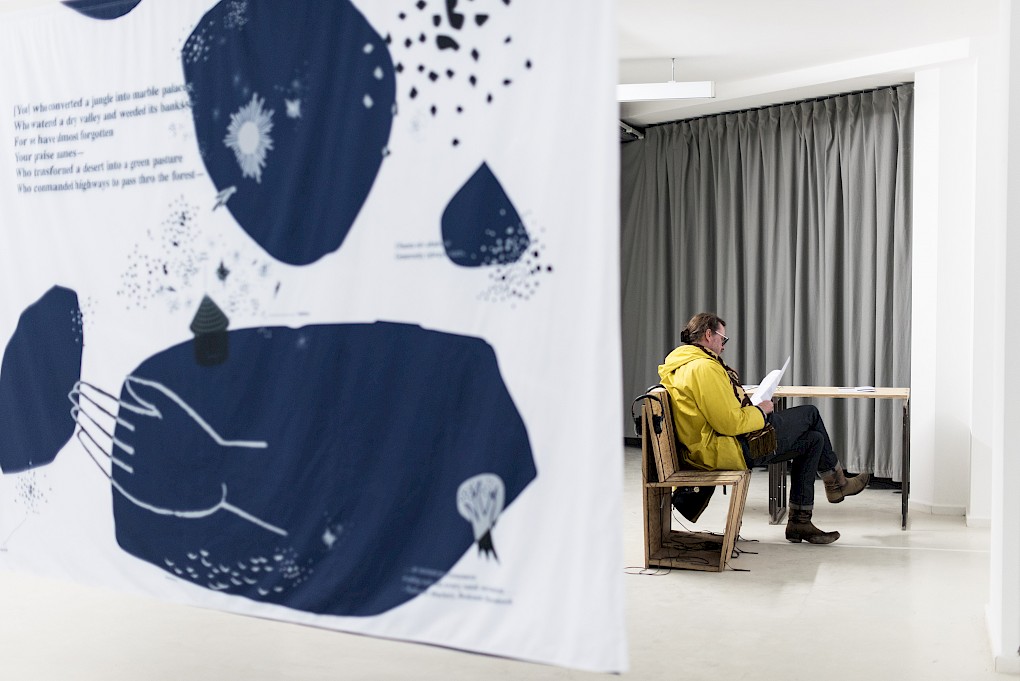
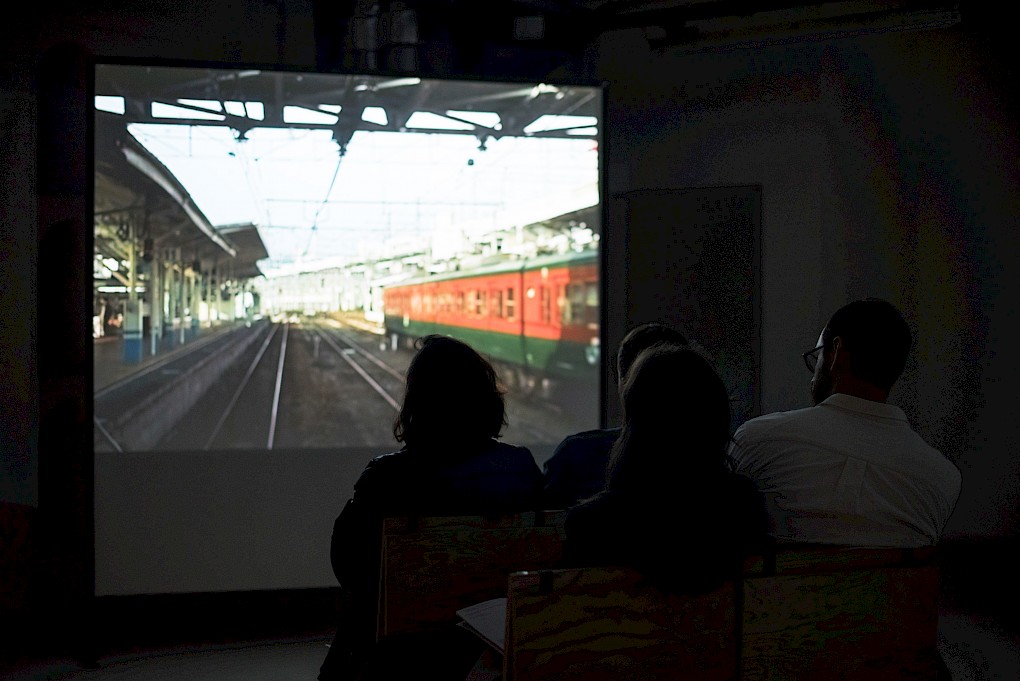
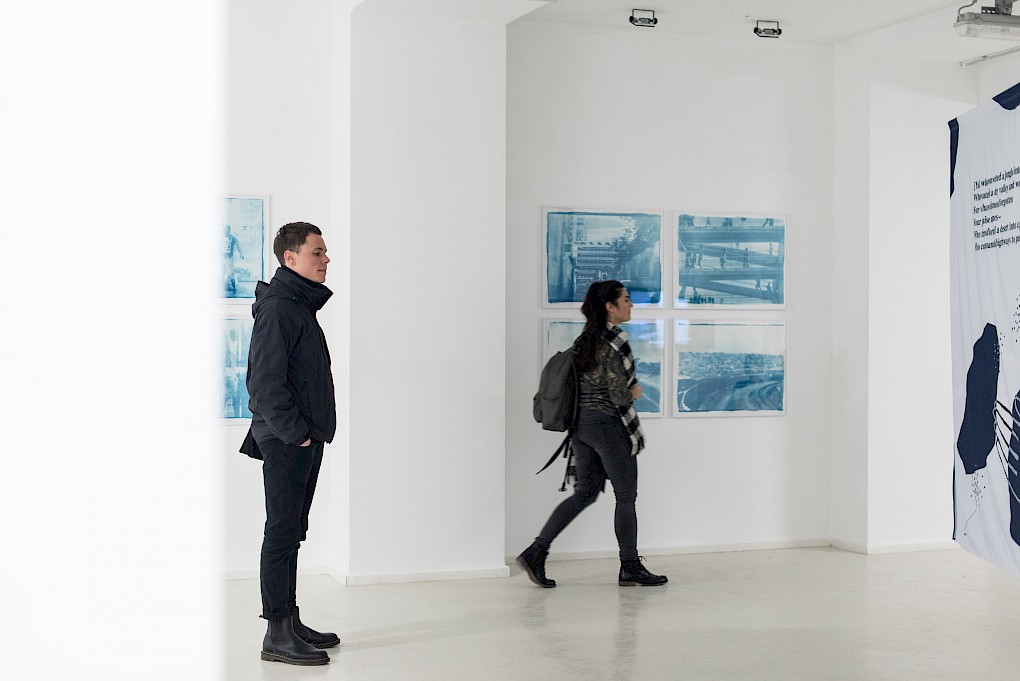
Förderung Das Projekt wird gefördert im Fonds TURN der Kulturstiftung des Bundes.

